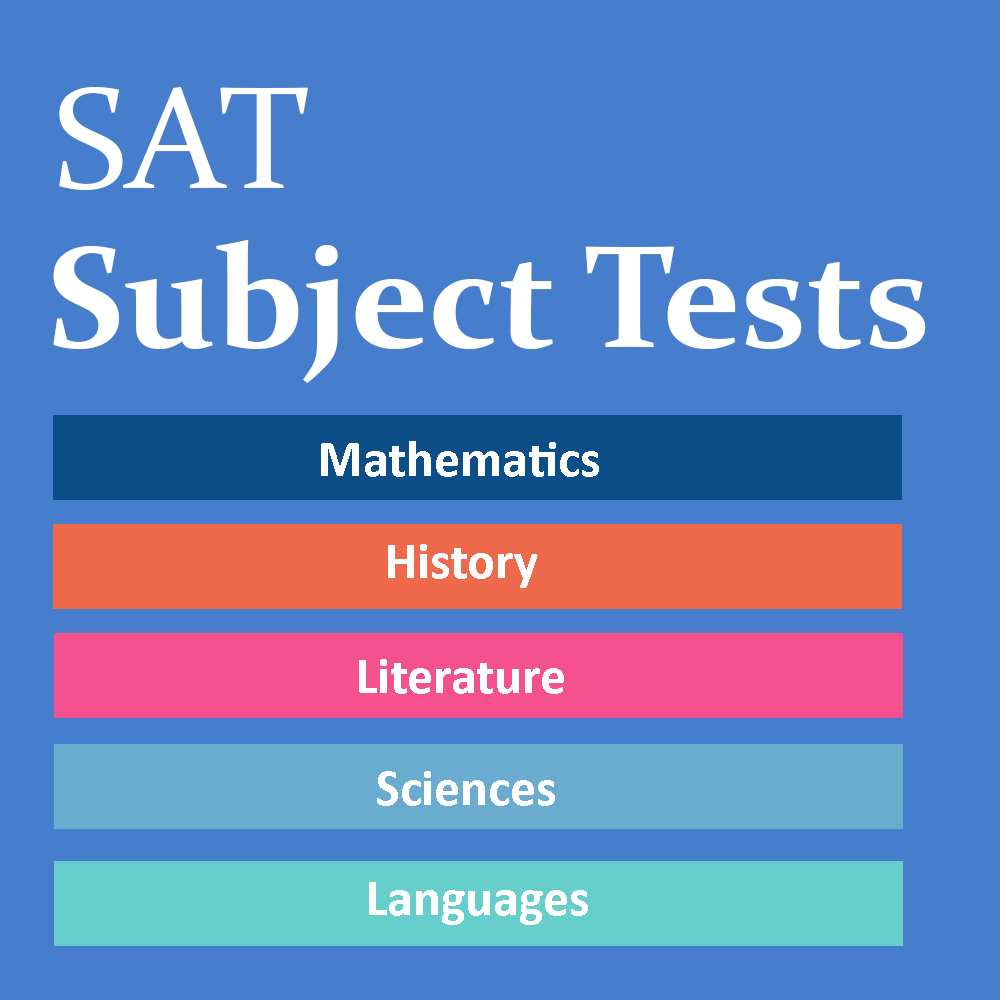The SAT and the ACT are two exams used for college admissions. To get into the vast majority of colleges in the US, you have to submit a score from one of the two exams. Although the SAT is more popular, the ACT is equally valid. While you can certainly take both, it’s worth exploring the two options to see which is the better fit for your abilities.
The SAT
What’s on it? The SAT consists of a Math section, an Evidence-Based Reading and Writing section, and an optional Essay section.
How long is the test? The test is three hours long. If you choose to complete the optional Essay section, the test is three hours and fifty minutes in total.
How is it scored? The Math section and the Reading and Writing section are each scored on a scale from 200 to 800, giving you a total score out of 1600. If you write the Essay, you receive a separate score for that.
The ACT
What’s on it? The ACT consists of four sections: English, Reading, Math, and Science. It also includes an optional Writing Test.
How long is the test? The test is 2 hours and 55 minutes long. If you choose to take the Writing Test, the test is three hours and thirty-five minutes long in total.
How is it scored? Each section is scored on a scale from 1 to 36, giving you a composite score that is also on a scale from 1 to 36. You receive a separate score for the optional Writing Test.
Which test should I take?
The first step in choosing the right test is to take a practice test for each one. Take both an SAT practice test and an ACT practice test, and compare your scores. That being said, there are several key factors that may encourage you to choose one test over another.
Why you might choose to take the SAT:
1. You get anxious about time constraints. The ACT gives you far less time per question than the SAT on every section, making it feel more like a race against time.
2. You can write an excellent analytical essay. The optional SAT Essay asks you to read and analyze an author’s argument. If evidence-based analytical writing is one of your strengths, this may be the test for you.
3. You prefer reading questions to appear in chronological order. On the SAT, reading questions are organized in the order they appear in the passage. ACT reading questions, on the other hand, are not organized in passage-based chronological order.
4. You are comfortable with grid-in math questions. The SAT contains several math questions where you have to produce your own answer instead of selecting one of the assigned choices. The SAT might be the right option if you’re okay with solving math problems that are not multiple-choice.
5. You have a strong grasp on vocabulary. Generally, the SAT Reading and Writing sections contain more challenging, higher-order vocabulary than the ACT English and Reading sections.
Why you might choose to take the ACT:
1. You are comfortable with science. Unlike the SAT, the ACT features a science section. Consider taking the ACT if you like and excel in analyzing graphs and experimental hypotheses and results.
2. You are comfortable with geometry and trigonometry. ACT math includes a much higher proportion of geometry questions than SAT math, and a slightly higher proportion of trigonometry questions as well.
3. You can write an excellent opinion-based essay. Unlike the SAT Essay in which you analyze an argument, the ACT Writing Test asks you to produce your own argument. That is, you must state your opinion on a topic, and provide examples to support it.
4. You don’t mind memorizing math formulas. Unlike the SAT, the ACT does not provide a diagram of formulas for the Math section, which means all essential formulas need to be memorized.
5. You are not comfortable doing math without a calculator. While the SAT contains a No Calculator math section, you can use a calculator for all ACT math questions.








